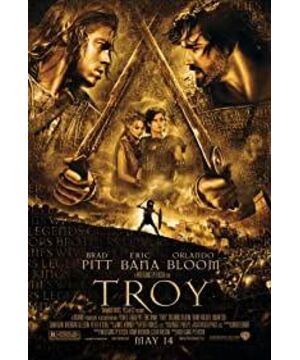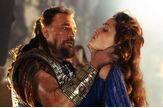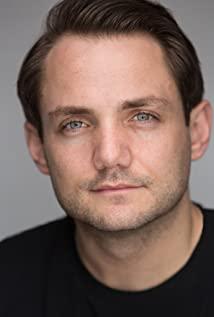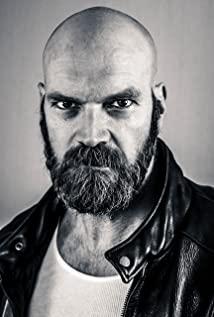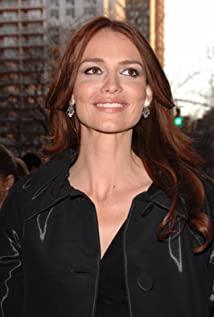In Homer, the Trojan War begins with the three goddesses fighting for the golden apple. Then, as a reward, Aphrodite lured Helen to fall in love with Paris, which led to the final war. In the same way, gods and gods are opposed to each other, and they are divided into camps to support different mortals. The war of man becomes the war of god, and man also becomes the agent of god. Therefore, no matter how powerful mortals are, even heroes who are hybrids of human and god, they seem to be firmly bound by an invisible net. The threads of countless people are intertwined, and the manipulators behind them are the gods sitting high on Mount Olympus.
Although the film is based on "Homer's Epic", it can be seen that it tries its best to realize the war: the confrontation between the two armies becomes a purely human war, the confrontation and annexation between countries, the cowardly and brave people's desire, also make it It looks more like a piece of "history". Therefore, here, whether Helen and Paris fall in love, or the duel between the two warriors, it has become a personal choice (good or bad), and the god who manipulates the fate and outcome "disappears".
It can even be said to some extent that some of it is anti-god: whether it is the advice of the Trojan priest twice leading to danger, or the threat of the enemy facing time and space, there is a hint of swashbuckling absurdity in it. It is weaker than Achilles' heavy blow before the Temple of Apollo, where men hold their destiny in hand and roar, and God is still, forever silent. In this way, the Trojan War turned from the tragedy of involuntarily fate to the hymn of courage to live to the death. From this aspect, whether such a change is good or bad, a departure from the original spirit of the original work, or a redesign that conforms to the characteristics of the times Creation, I am somewhat difficult to judge.
But I really like how Achilles ends here. The arrow left on his ankle is, on the one hand, a metaphor for Achilles' heel in Homer's epic. On the other hand, history and legend are converging here. He pulled out the rest of the arrows and just left this one. Why the ankle became the "Achilles' heel" gave a clever and reasonable answer.
Finally, a little bit of the actor's spit:
Helen's casting is what I don't understand the most. It's not that Diane is not pretty, but her Germanic looks really make it difficult for me to get into the movie, and I even feel that my cousin looks more "Helen" than her.
Suddenly I found out that Barna and Ben Barnes had an inexplicable similarity, and they were a little blind for a while, and at first I wondered for a long time which of them was playing.
Paris's casting is the most interesting, and it makes sense to choose a flower. When watching the movie, what I think in my mind is: "How can such a beautiful face have no brains", not "Who is this? Get out of here?", Yan Zhi I can still forgive a little something.
View more about Troy reviews


